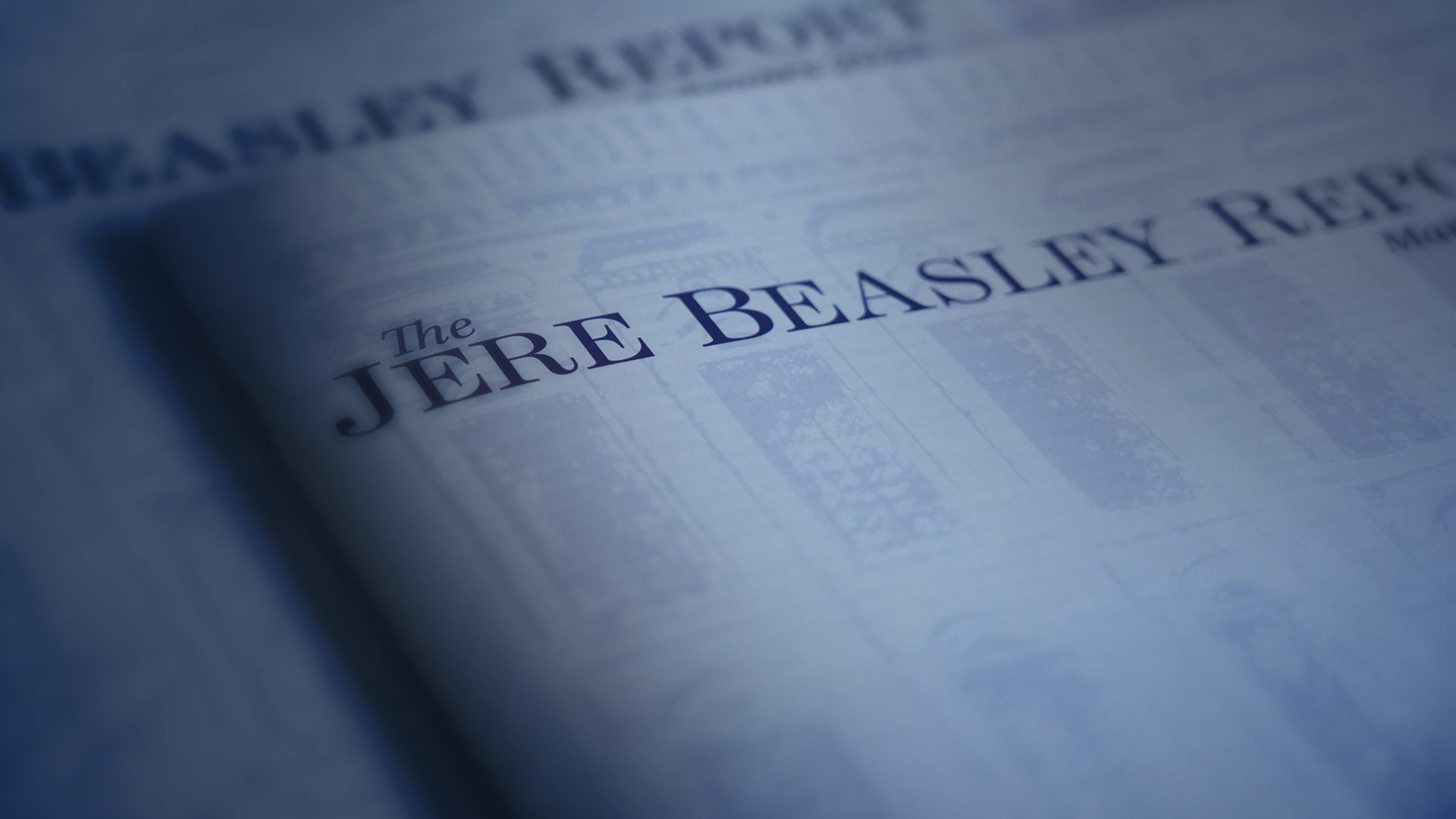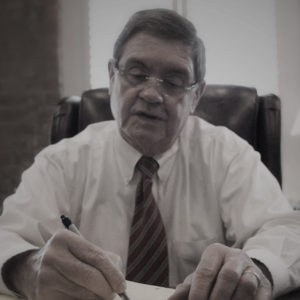
The Latest Legal News That Matters
Jere Beasley Report
By creating a subscription to the Jere Beasley Report, you can be sure to receive important updates from one of the leading civil litigation firms in America. Also, receive opinions from one of the most successful trial lawyers in history–Jere Beasley–and other timely updates.
About the Report
On January 15, 1979, Jere L. Beasley established a one-lawyer firm in Montgomery, Alabama, which has grown into the firm now known as Beasley, Allen, Crow, Methvin, Portis & Miles, P.C.
Jere has been an advocate for victims of wrongdoing since 1962, when he began his law practice in Tuscaloosa and then his hometown of Clayton, Alabama. He took a brief hiatus from the practice of law to enter the political arena, serving as Lieutenant Governor of the State of Alabama from 1970 through 1978. He was the youngest Lieutenant Governor in the United States at that time. During his tenure he also briefly served as Governor, while Gov. George Wallace recovered from an assassination attempt.
Since returning to his law career, Jere has tried hundreds of cases. His numerous courtroom victories include landmark cases that have made a positive impact on our society.
What to Expect
By subscribing to the Jere Beasley Report and/or the Co-Counsel Newsletter, you can expect to receive the highest quality information available from one of the most reputable sources around.
- Monthly newsletters – Jere Beasley Report, Co-Counsel Newsletter.
- Periodic updates on emerging litigation from our attorneys.
- Event notifications for attorneys (speakers, agendas, CLE’s and more).
- We will do our best to never flood your inbox.
- We will never share your data and you can unsubscribe at any time.

